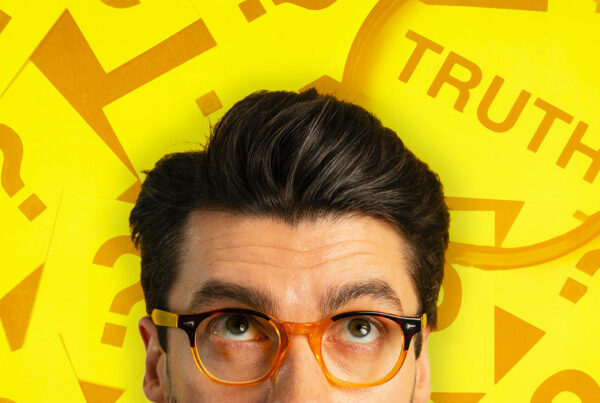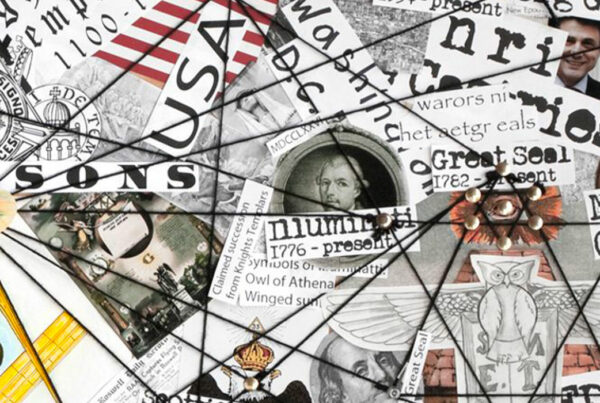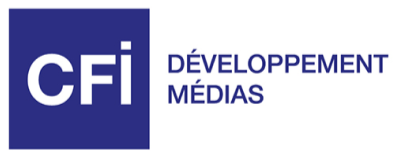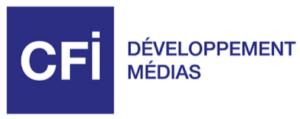Every day, we receive thousands of notifications, messages, videos, posts, and links. This overload of information, known as infobesity, can quickly make us feel overwhelmed. When we see too much, we end up seeing nothing at all. And when everything gets mixed up—real news, fake news, buzz, rumors, ads—it creates informational chaos. So how can we make sense of it all? And above all, how can we regain control?
1- Too much information, not enough time to process it
According to a study conducted by Statista in 2023, an average Internet user spends 6 hours and 37 minutes per day online, including more than 2 hours on social media. This time is saturated with information: some useful, others not. The result? Our brain is overloaded. It becomes difficult to sort, prioritize, and retain. We scroll, skim, and skip.
🧠 This cognitive overload reduces our ability to concentrate, to memorize, and even our critical judgment.
2- Information chaos: when everything is equal… or almost
On TikTok, Instagram, YouTube or X (formerly Twitter), content flows endlessly without hierarchy. A cat video, a war testimony, a soda ad, and a political fake news story can appear side by side. This staging of information, dictated by algorithms, creates a constant confusion.
The consequences?
- We easily confuse reliable sources with dubious ones
- Emotions take over analysis
- The most extreme or sensational content is pushed to the forefront
This phenomenon is amplified by what is called the filter bubble: platforms show us what we like, what we agree with, and what makes us react. Instead of opening us up to the world, they can lock us into a biased vision.
3- Profound impacts on health and society
Information overload and informational chaos are not just minor inconveniences. They have a real impact on our daily lives and mental health.
This constant capture of attention is not without consequences. It affects the mental and physical health of young people: sleep disorders, decreased concentration, cognitive overload, anxiety, social isolation.
According to a WHO study conducted in 2022, 11% of adolescents aged 11 to 15 in Europe and Central Asia show signs of problematic social media use. In Romania, this rate reaches 22%, and 17% in Bulgaria. This addiction-like behavior particularly affects girls and has a direct impact on academic performance, mental health, and social life.
But that’s not all. When everything becomes “information,” we no longer know what to trust. In this fog, conspiracy theories, fake news, and hate speech find fertile ground. This fuels disinformation but also the polarization of public debate: the most extreme positions are pushed to the forefront because they generate the most engagement.
4- Solutions to avoid drowning in the flow
No question of running away from the Internet! But to navigate without getting lost, we can:
- Take digital breaks: turn off notifications, set screen-free times
- Diversify your sources of information: read multiple media outlets, listen to different points of view
- Check what you share: see something surprising? Verify before you like
- Take your time: not everything can be read in 10 seconds. Analysis requires a bit of perspective
Talk about it with others: discussing and debating helps to see things more clearly.
5- Towards education in mindfulness and critical thinking
Faced with information overload, it’s not enough to just “be careful.” We need to learn how to pay attention. This is the whole purpose of media and information literacy: understanding how information circulates, why some content is highlighted, and how we can exercise our critical thinking.
What we need is a framework to tame this constant and sometimes overwhelming flow. Because yes, it is possible to regain control of our attention, cultivate curiosity… and sort things out!
📚 Sources and references:
- Statista, Average time spent on the Internet worldwide in 2023
- Médias et éducation, Information overload: understanding the excess of information
- CNRS – La recherche, When the brain can’t take it anymore: the effects of information overload
- Claire Wardle (First Draft), Information Disorder: Toward an Interdisciplinary Framework
- Dominique Cardon, Digital culture and informational disorder
World Health Organization (WHO), Health Behaviour in School-aged Children (HBSC) study, 2022






